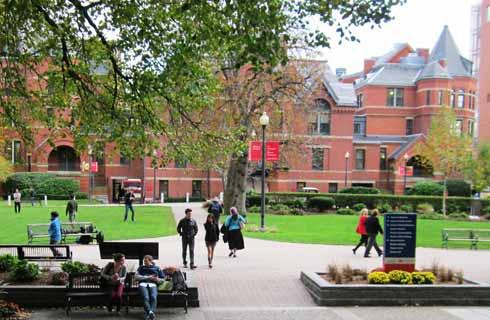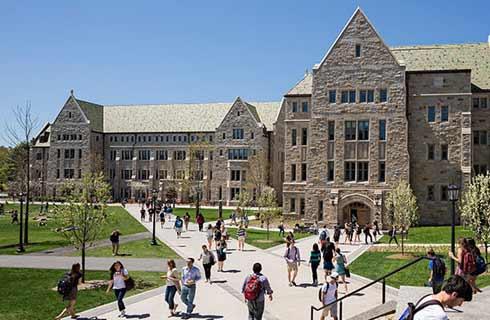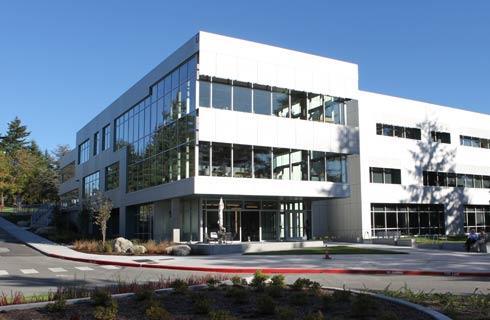Bachelor of Science in Chemical Engineering

学历文凭
Bachelor Degree

专业院系
Department of Engineering

开学时间

课程时长

课程学费

国际学生入学条件
Applicants must have official certified copies of senior secondary/high school records.
English Language Requirement: TOEFL score (80 IBT) or IELTS score (6.5) or a PTE score (53).
Recommended Application Deadlines: Fall semester, priority deadline of June 1st; Spring semester, priority deadline of November 1st
IDP—雅思考试联合主办方

雅思考试总分
6.0
- 雅思总分:6
- 托福网考总分:75
- 托福笔试总分:160
- 其他语言考试:Pearson Test of English – 53
CRICOS代码:
申请截止日期: 请与IDP联系 以获取详细信息。
课程简介
相关申请
 预科
预科 奖学金
奖学金 实习机会
实习机会 在校学习
在校学习 跨境学习
跨境学习 校园授课-线上开始
校园授课-线上开始 在线/远程学习
在线/远程学习
开学时间&学费
学费信息仅供参考,请与IDP联系以获取详细信息
| 开学时间 | 时长 | 学费 | 地点 |
|---|
本校相关课程

Bachelor of Science in Accounting
学历文凭
Bachelor Degree
开学日期
课程费用总额


艺术学士学位
学历文凭
Bachelor Degree
开学日期
课程费用总额


Bachelor of Science in Biology
学历文凭
Bachelor Degree
开学日期
课程费用总额


Bachelor of Science in Biology - General Biology
学历文凭
Bachelor Degree
开学日期
课程费用总额


Bachelor of Science in Biochemistry
学历文凭
Bachelor Degree
开学日期
课程费用总额


Bachelor of Science in Biology - Pre-medical/Pre-dental/Pre-veterinary
学历文凭
Bachelor Degree
开学日期
课程费用总额

其他相关课程

化学工程哲学博士-纳米技术
 滑铁卢大学
滑铁卢大学学历文凭
Ph.D.
开学日期
课程费用总额


化学工程应用科学硕士-纳米技术
 滑铁卢大学
滑铁卢大学学历文凭
Masters Degree
开学日期
课程费用总额


化学工程博士学位
 滑铁卢大学
滑铁卢大学学历文凭
Ph.D.
开学日期
课程费用总额


化学工程学硕士
 滑铁卢大学
滑铁卢大学学历文凭
Masters Degree
开学日期
课程费用总额


化学工程应用科学硕士
 滑铁卢大学
滑铁卢大学学历文凭
Masters Degree
开学日期
课程费用总额


化学工程学士学位
 滑铁卢大学
滑铁卢大学学历文凭
Bachelor Degree
开学日期
课程费用总额










 美国
美国
